Certification of Processed Food Production
Conducting certification of organic production in the field of Processed Food is an important direction of our main activities, in which we have extensive experience.
Organic processed food refers to a food product obtained through organic production in accordance with the requirements of standards and regulations.
We have a proven track record in certifying production of processed food under international and private standards, including the EU Organic Regulation, Canada Organic Standard (COR), Bio Suisse (Switzerland), Naturland (Germany), and KRAV (Sweden) in Ukraine and beyond.
The range of processed food products certified by Organic Standard in Ukraine and Moldova is diverse. Precisely, it includes almost all items from the consumer basket, including baby food, spices, essential oils, tea, coffee, and other products.
Certification involves the thorough verification and assessment of production methods and products to ensure compliance with organic regulations. We issue internationally recognized certificates upon successful certification, granting our clients access to premium organic markets.
Organic Standard provides a comprehensive range of services that encompass inspections and certification based on various standards and ongoing support for the Operator during the entire certification process. We place great importance on the expertise of our specialists and continuously enhance their skills and qualifications. As a result, this approach allows us to deliver high-quality service to our clients.
Requirements for Processed Food Production
The general requirements for organic production of processed food products are as follows:
- Predominant use of the following production methods:
- Biological methods
- Mechanical methods
- Physical methods
- In cases where non-organic production takes place or is stored in the same facility as organic production, the operator must:
- Carry out processing operations for organic products separately in space or time from similar operations for non-organic products.
- Store organic products separately from non-organic products before and after the respective operations.
- Take necessary measures to ensure identification of product batches and prevent mixing or substitution with non-organic products.
- Perform operations with organic products only after proper cleaning of production equipment and inventory.
- Use certified organic raw materials.
- The use of food additives and technological additives shall be limited.
- At least 95% of the agricultural ingredients of the product by weight shall be organic.
- The following ingredients may be used if they are allowed by an organic production standard:
- Technological additives
- Natural flavouring substances or natural flavouring preparations
- Preparations of micro-organisms and food enzymes
- Mineral substances, trace elements, vitamins, amino acids, and other micronutrients added to food products for dietary purposes (only if permitted by legislation)
- Colours for stamping meat and eggshells.
Organic Standards and Regulations
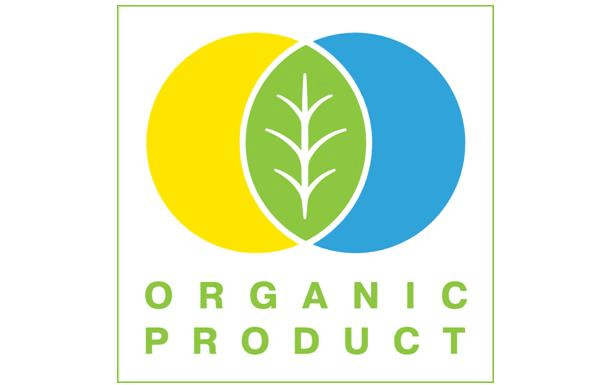
Organic Legislation of Ukraine
Certification in accordance with the legislation of Ukraine is mandatory for the production and sale of organic products in Ukraine.
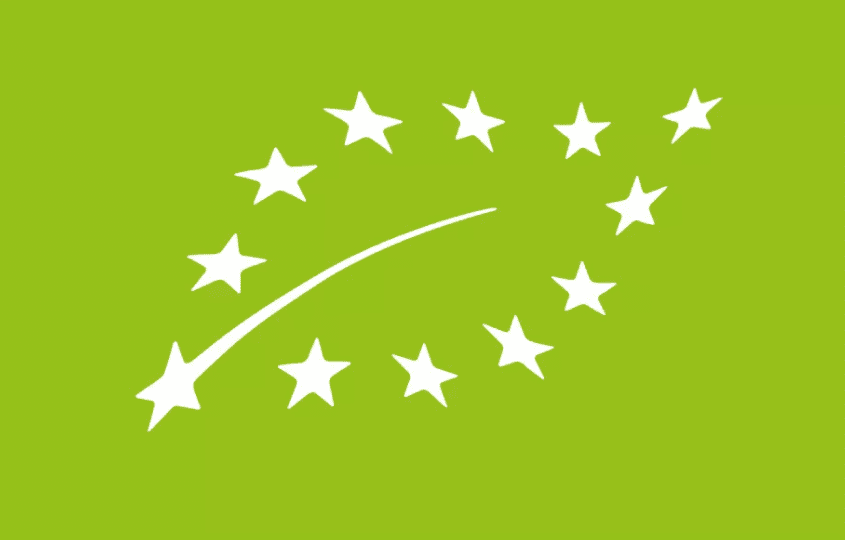
IACB Standard equivalent to the EU Regulations
Certification according to the IACB Equivalent EU Organic Production & Processing Standard for Third Countries is currently the only option for exporting organic products from Ukraine to the EU.

EU Regulation 2018/848
Certification in accordance with EU Regulation 2018/848 for exports to EU countries from Ukraine will be mandatory no earlier than 2024.
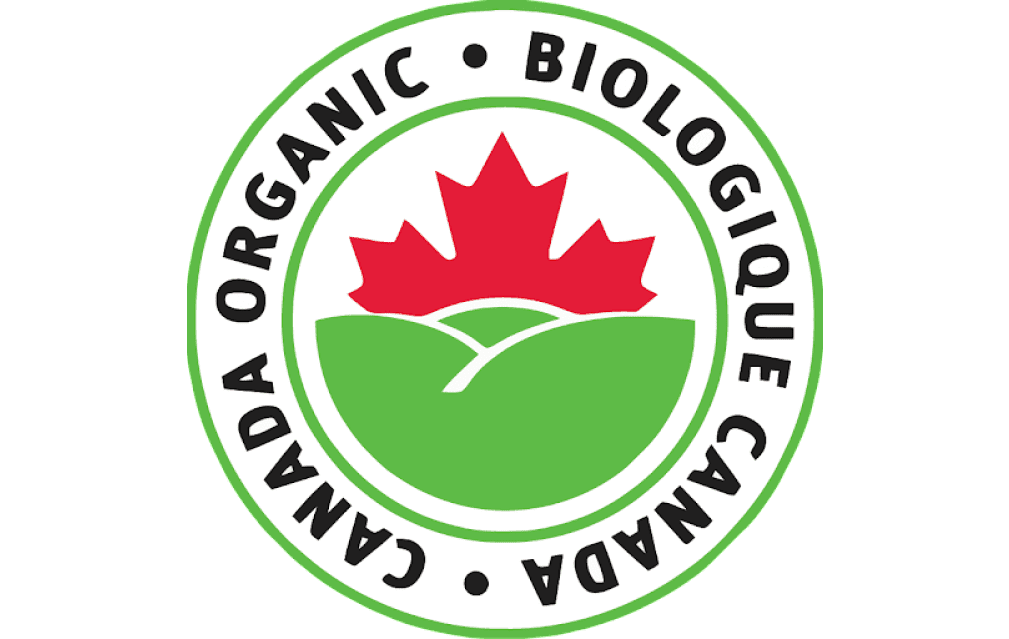
Canada Organic Regime (COR)
Certification according to COR is an important requirement for exporting organic products to Canada, which can also facilitate exports to the United States.
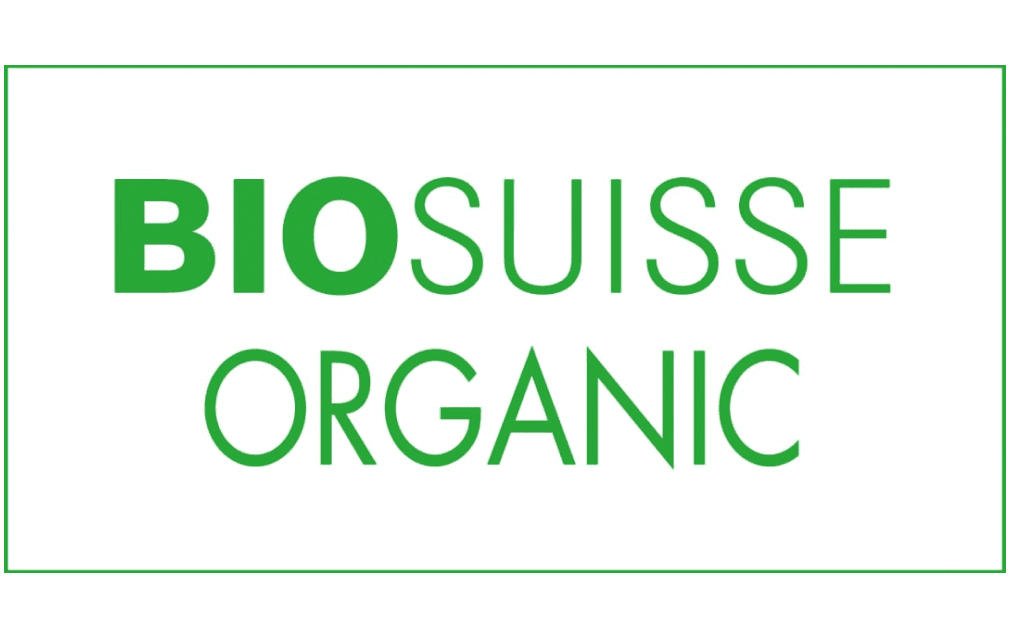
Bio Suisse
Certification according to the Bio Suisse standard is a mandatory requirement for exporting products to Switzerland.
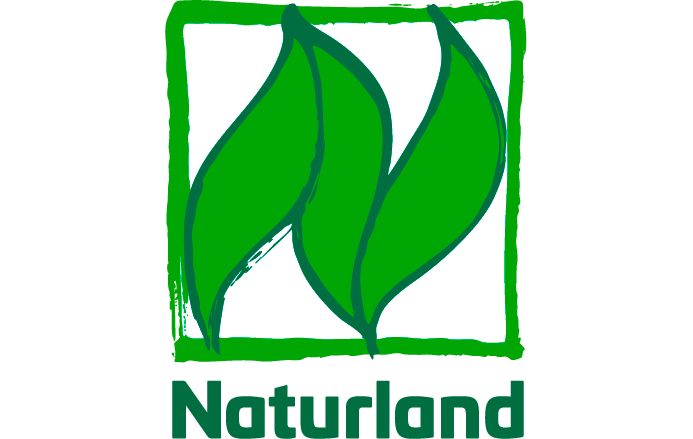
Naturland
Certification according to the Naturland provides additional advantages during the export of products to Germany.
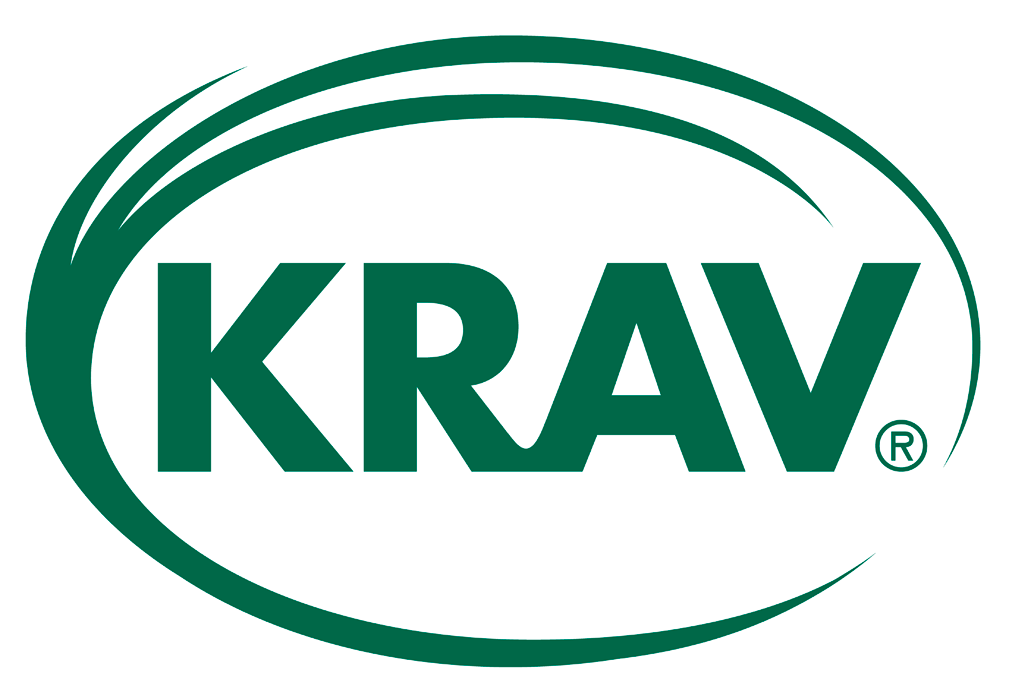
KRAV
Certification according to the KRAV Standards provides additional advantages during the export of products to Sweden.
If you have any questions, please contact our specialist

Olena Manziuk
Deputy Head of Certification Department, Senior Certification Specialist
